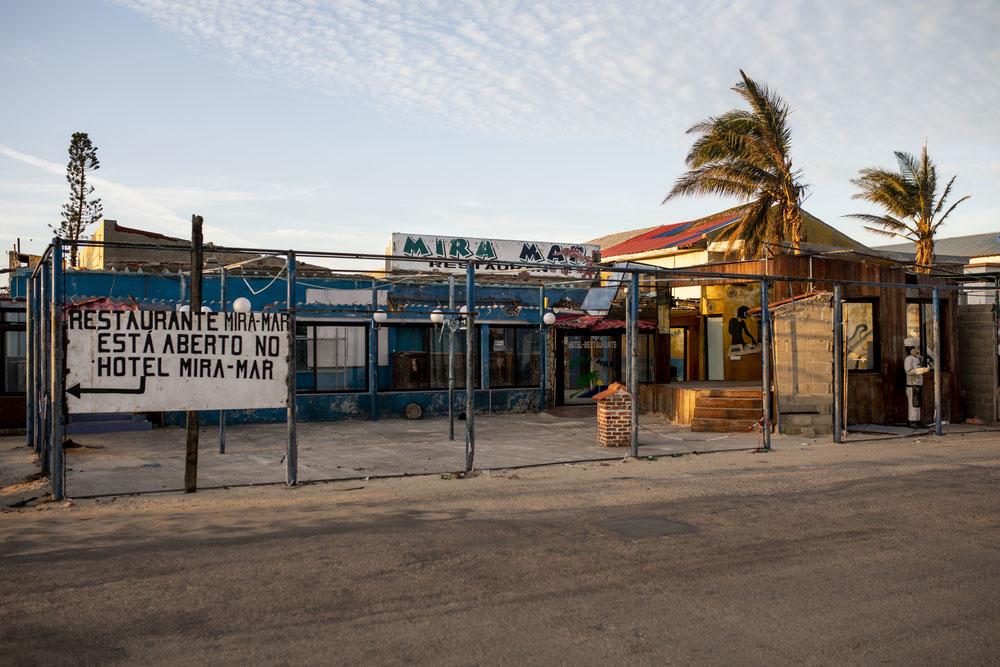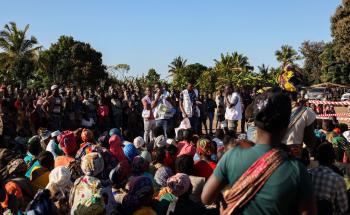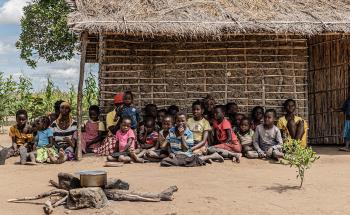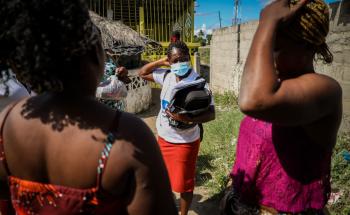The prevalence of HIV infection in Mozambique is one of the highest in the world and is particularly high among vulnerable and stigmatised groups, such as sex workers and men who have sex with men. This is because they are often excluded from accessing HIV treatment and prevention as well as comprehensive health services due to discrimination and social exclusion.
In Beira, MSF offers sexual and reproductive healthcare, including HIV testing and treatment and termination of pregnancy, to people from these marginalised groups.
“While working closely with sex workers and people living with HIV, we noticed a worrying trend,” says Zaid Seni, MSF medical activity manager in Beira. “Vulnerable patients were refraining from going to health centres and seeking care because they were afraid of how they would be treated once they identified themselves as sex workers or HIV-positive patients.”
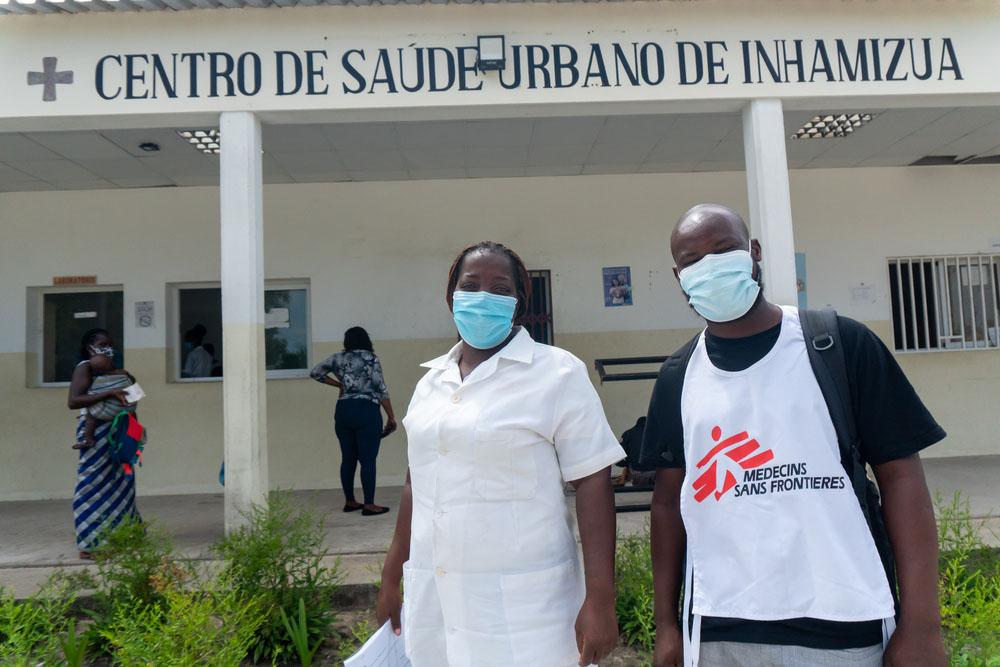
Zaid and clinical officer, Isabel Custodio, share the idea that health facilities should be a place where people feel safe from prejudice, but admit that in Beira, sometimes, that’s not the case.
“People from marginalised groups are most affected by HIV and shouldn’t feel intimidated when seeking healthcare,” says Zaid. “Health facilities should be places where everyone feels safe to ask for help, and healthcare workers should be trained in ensuring a thoughtful approach when dealing with vulnerable groups. This is what our mentorship programme in Beira aims to achieve.”
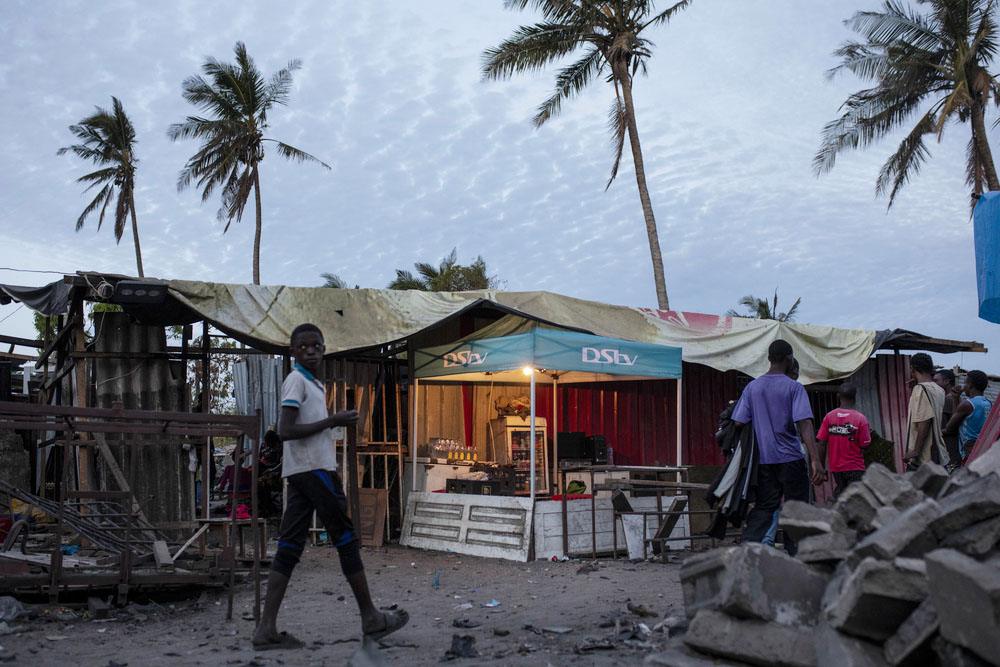
“It is not easy to provide [these groups] with adequate medical care, because a lot of the time they don’t identify themselves as sex workers or people living with HIV,” says Isabel Custodio, a clinical officer at Inhamizua health centre in Beira. “They are fearful of prejudice. And unfortunately, their fear is not unfounded. In some cases, when they identify as belonging to one of these groups, the healthcare workers themselves can use judgmental language and have an unfriendly attitude towards them, which makes them feel uncomfortable. Imagine you are in a vulnerable position, seeking medical assistance, and the same person who is supposed to help you is pointing a finger at you – how would you feel?”
Improving patient care is the ultimate goal for the mentorship program MSF is implementing. And it starts with changing the approach health care workers have towards marginalised groups.
“MSF’s mentorship programme is changing that behaviour. I don’t think that patient care was very good before. But now we understand that we need to involve these population groups in our services, we need to offer a friendly environment for them, so they can trust us and receive the healthcare they need”, concludes Isabel.
Health facilities should be places where everyone feels safe to ask for help, and healthcare workers should be trained in ensuring a thoughtful approach when dealing with vulnerable groups.Zaid Seni, MSF medical activity manager in Beira
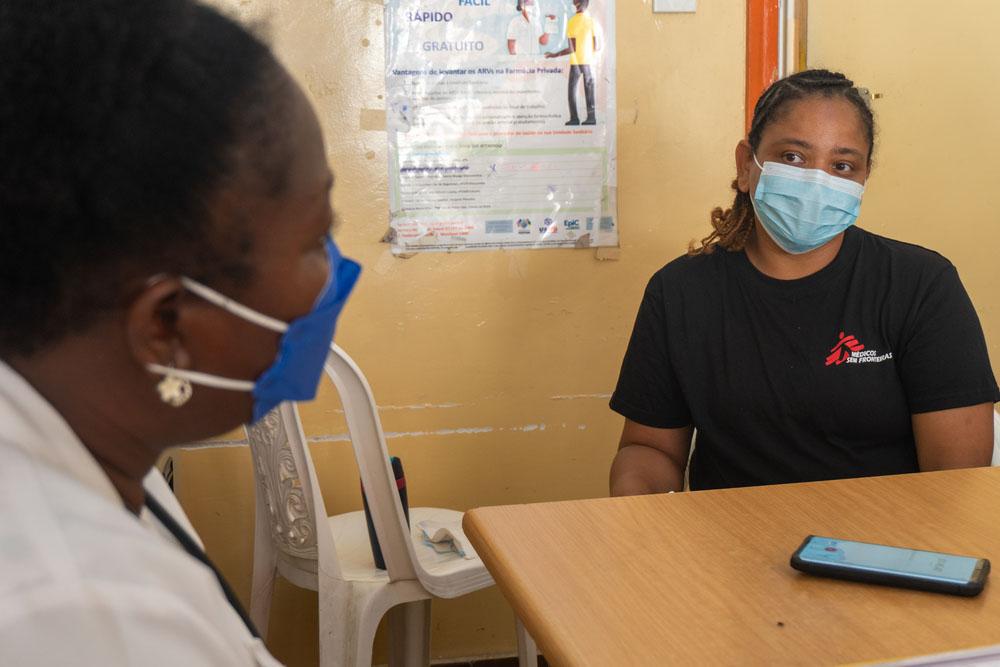
The mentorship programme lasts from five to 10 weeks and is made up of sessions in which MSF staff accompany and provide real-time training to local health staff during their day-to-day activities. MSF staff train, mentor and help to change the mindsets of health workers to raise awareness on the importance and benefits of ensuring that marginalised groups have access to healthcare.
MSF has trained 15 healthcare workers so far in three different health centres in Beira. The mentorship programme is ongoing, with trainings focused on advanced HIV disease, paediatric antiretroviral therapy and sexual reproductive health. Two more planned programmes will focus on nursing and laboratory skills.
“During the mentorship programme we got to work with concrete cases – patients who would come in real-time,” says Olinda Bia, a clinical officer who took part in the programme in December 2021. “I think this approach was helpful, to have real-life examples as we were learning. I feel very good now; I feel capable and confident that I can give the attention and care that the patient requires from me.”
“Ensuring that marginalised groups and patients with advanced HIV feel comfortable and safe to seek the healthcare they need is a vital step in curbing the HIV epidemic that is ravaging Mozambique,” says Zaid.
MSF has been working in Mozambique since 1984 and in Beira since 2014. MSF teams provide sexual and reproductive healthcare, including HIV testing and treatment and termination of pregnancy to vulnerable and stigmatised groups, including sex workers, men who have sex with men and young people at risk. They also provide sexual and reproductive health services and treatment for patients with advanced HIV in local health centres and at Beira’s Central hospital. MSF teams also respond to natural disasters and emergencies across Mozambique.
